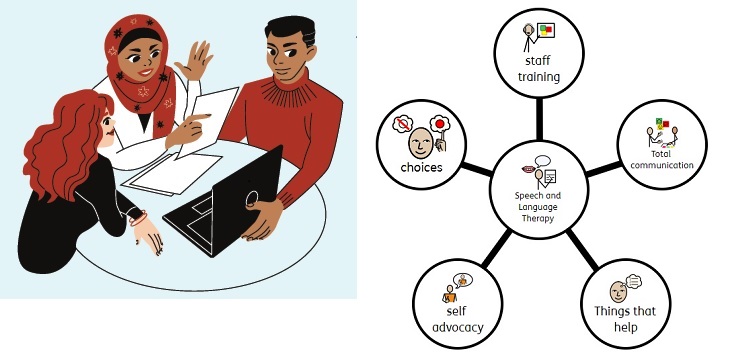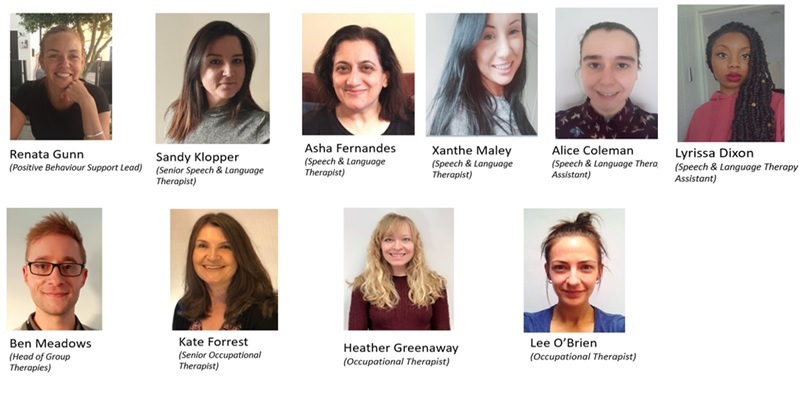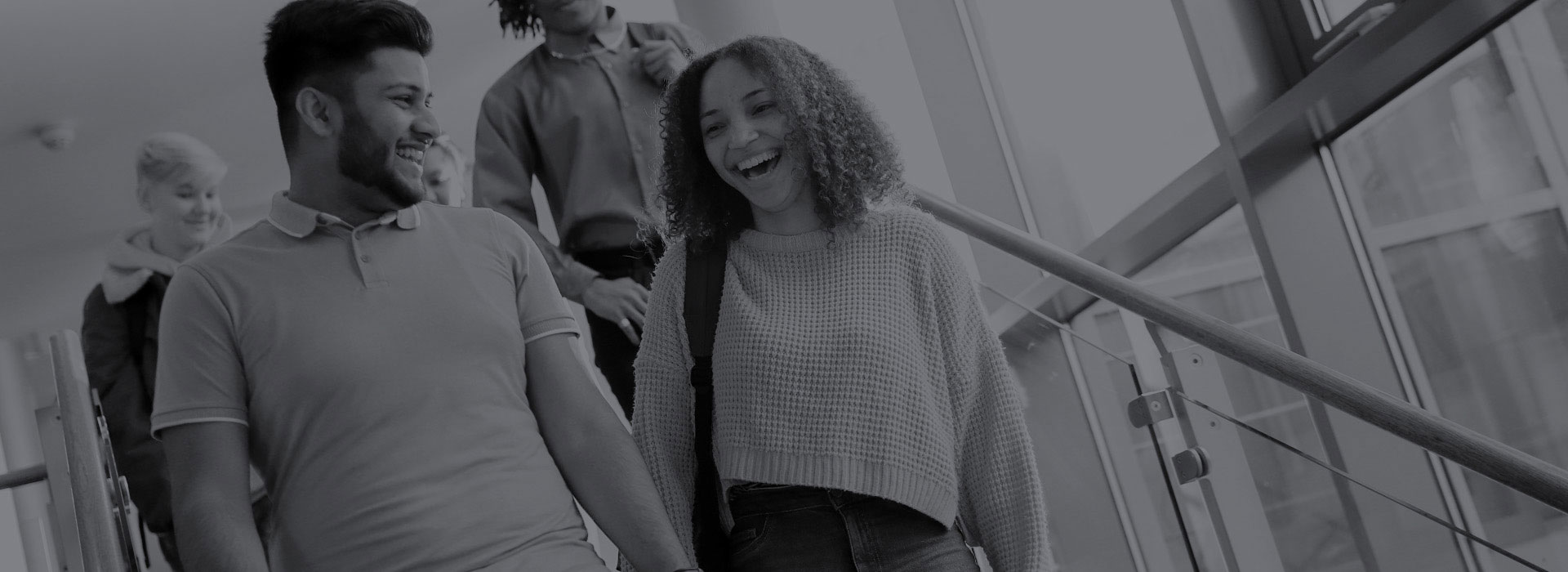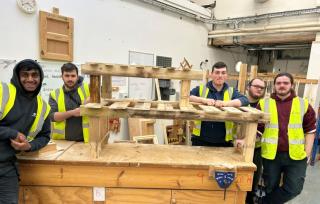Our Therapies team promote a positive attitude to neurodiversity, supporting students’ independence and progression through college and community life. We recognise that people learn best in their everyday environments. This is why the Therapies team adopt an integrated approach where therapeutic strategies/principles can be implemented in everyday environments with teaching/support/pastoral teams.
Approach
The team takes a strengths based approach to nurturing knowledge, skills and experiences that are important to the person and theirfuture.
Capacity
As the learners are 16+ we are guided by the principles of the Mental Capacity Act (2005). This means that we involve students' indecision making and amplify learner voice.
- Speech and Language Therapy (SALT)
As Speech and Language Therapists we work to:
- Train/coach curriculum, support & pastoral staffin Total Communication approaches to enhance inclusive communication environments
- Identify strategies/accommodations to enhance access to the curriculum/learning
- Support students who need alternative and augmentative communication (AAC)
- Support functional communication and social skills within the college day with a pro-neurodivergent outlook
- All of the learners are young adults, thereforewe have a particular focus on choice and self-advocacy

- Occupational Therapy (OT)
Occupational Therapy at college focuses mainly on the development of practical skills as well as ensuring that any sensory needs are met. Our goal is to enable the students to do the things they need to do, so that they can live the lives they want to live. And to do this as independently as possible.
Our main areas of input are around the following:
- Work skills
- Study and organisation skills
- Recreation and access to activities in the community
- Activities around the home
- Personal care tasks

- Positive Behaviour Support (PBS)
Sometimes, when students are anxious or overwhelmed, they may display behaviours of concern (challenging behaviour). We work within a Positive Behaviour Support (PBS) Framework which understands that all behaviour happens for a reason and is communicating a message which we need to understand. We then work to support students so this behaviour is not neededand the student has other ways of communicating their needs.
Some of the ways we might do this include:
- Treating all of our students withrespect within warm working relationships
- Supporting communication
- Making sure everyone engages in meaningful learning activities at the right level
- Providing students with the right sensory environment
- Respecting student’s choices wherever possible
- Maximising independence

- Meet the Team





